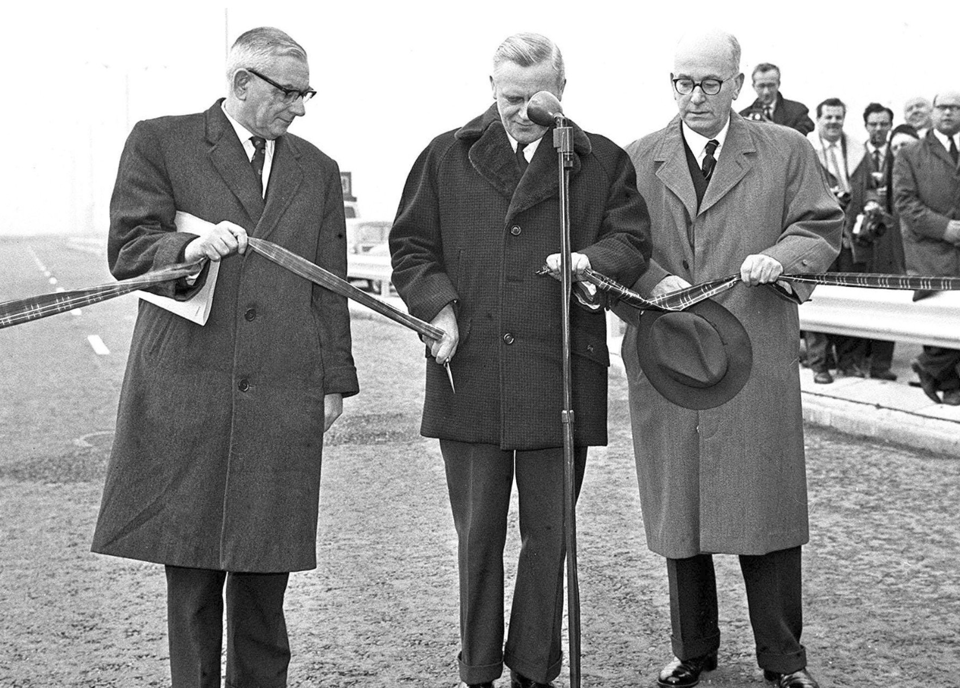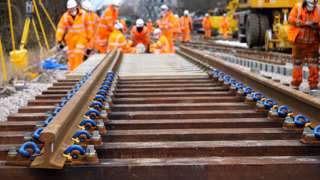Just 18 months after British Railways Board (BRB) Chairman Dr Richard Beeching published The Reshaping of British Railways, the Conservative government which had commissioned the report was swept from office.
In its place came Labour, with a small but definite majority and a pledge to embrace the “white heat of technology”.
The closure of a third of Britain’s railway route miles will forever be associated with Beeching, and to a lesser extent with Ernest Marples, the Conservative Minister of Transport who appointed the former ICI chairman to lead the BRB.
It was Marples who gave political oversight and direction to the project in its first year, but the bulk of closures would take place after the Tories left office. So, what prompted Labour ministers to press ahead with Beeching’s plans, despite having promised in its manifesto to cancel “major closures”?
A trip to the National Archives can help us find the answers.
Just days after he became Prime Minister in 1964, a memo landed on Harold Wilson’s desk from Tom Fraser, his newly-appointed Minister of Transport.
He had become alert to a danger: that the realities of a Labour government would not meet the expectations of the public and backbench MPs. The latter, he suggested, had construed Labour’s “major closures” pledge to mean “that all passenger closures would be stopped, including those on which my predecessor intimated a decision before the Dissolution of Parliament where the closure has not yet been put into effect”.
There were 38 lines in “abeyance” at the time Labour took office, still in operation despite Marples having already signed off closure. But Fraser’s advisers, “including legal advisers”, had told him he had “no statutory power” to put those closures into reverse.
Fraser is described by David Henshaw, author of The Great Railway Conspiracy, as “determinedly road-biased” and susceptible to the pressures of the road lobby. The tone of Fraser’s memo to Wilson suggests he was, at best, resigned to press ahead with such closures, and at worst, somewhat relieved by his apparent powerlessness.
“We could seek the advice of the Law Officers on this matter,” he wrote. “But in my judgment it is better to act on the advice referred to. We have to draw the line somewhere and it seems to me preferable to make a fresh start from the date on which I took office.”
Read this feature in full in RAIL issue 979 here
To read all our magazine articles, choose from either a Digital Edition Membership from just 99p for your first month, or a Print & Digital Edition package from just £9.50 per month. Choose your Membership here
















James Miller - 26/04/2023 10:20
At about the same time, I did some project management consultancy for Frederick Snow and Partners. At the time, they were trying to get Harold Wilson's Government to barrage the Severn, which would have created ten percent of the UK's electricity. But it was turned down in favour of building large coal-fired power stations. It should also be remembered, that British Rail had plans for tunnels under Liverpool, Manchester and Newcastle. The Liverpool and Newcastle tunnels were built, but the Picc-Vic tunnel was cancelled. Wilson did a lot to setback the North!